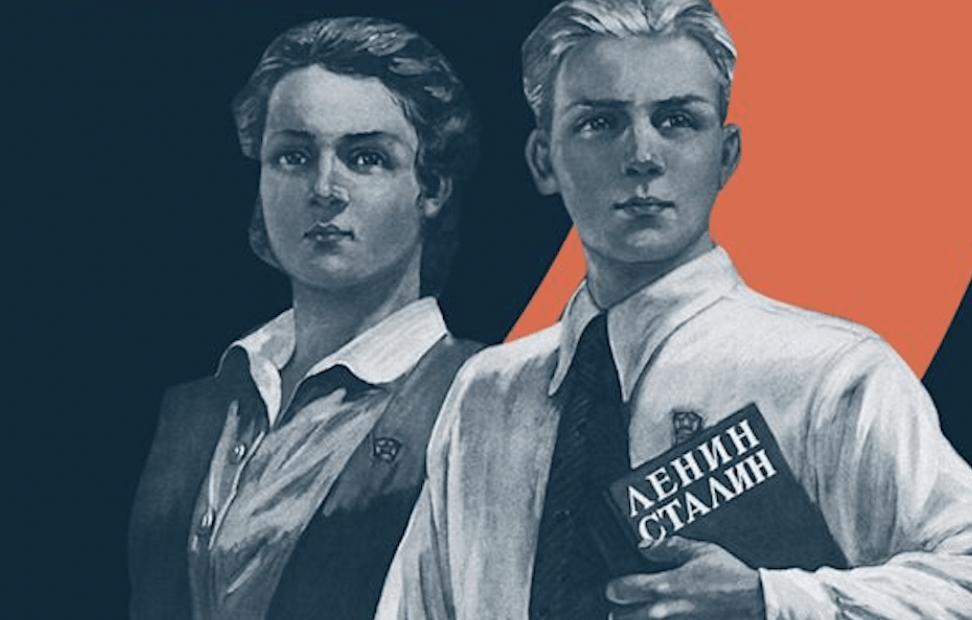A well-known trope that originated during the Cold War, Homo Sovieticus has experienced a comeback in the public debates over the last decade or so. It resurfaced specifically after Russia’s 2014 annexation of Crimea, and is also used to explain Russians’ current attitudes toward the war with Ukraine. What does the term mean? Who created it? Why did it gain currency then, and why is it used today? Gulnaz Sharafutdinova’s book, The Afterlife of the Soviet Man (Bloomsbury Press, 2023) answers these questions by following the biographies and intellectual work of the writers, dissidents and scientists who contributed to developing this concept, including Czesław Miłosz, Georgy Markov, Alexander Zinoviev, Yuri Levada, and Natalia Kozlova. Her main objective in historicizing the term is to look with a critical eye at the words and terms we rely on, the meanings they contain, and the biases they reflect.
Author:
Gulnaz Sharafutdinova is Professor of Russian Politics and Director of Russia Institute at King’s College London. She is an author of The Afterlife of Soviet Man: Rethinking Homo Sovieticus (Bloomsbury 2023); an award-winning The Red Mirror: Putin’s Leadership and Russia’s Insecure Identity (Oxford University Press, 2020), an earlier book, Political Consequences of Crony Capitalism Inside Russia (Notre Dame University Press, 2010), and numerous articles.
Discussant:
Jill Dougherty is an expert on Russia. She is an Adjunct Professor at Georgetown University’s Center for Eurasian, Russian and East European Studies, a Global Fellow at the Woodrow Wilson International Center for Scholars in Washington, D.C. and a member of the Wilson Center’s Kennan Institute Advisory Council. She has pursued research on Russia and the media as a fellow at the Shorenstein Center on Media, Politics and Public Policy at Harvard University’s John F. Kennedy School of Government; at the Wilson Center; and at the International Centre for Defence and Security in Tallinn, Estonia. Jill Dougherty served as a CNN correspondent for three decades and as CNN’s Moscow Bureau Chief for almost a decade. Other postings include: White House correspondent; Foreign Affairs Correspondent covering U.S. State Department; U.S. Affairs Editor; and Managing Editor CNN International, Asia-Pacific, based in Hong Kong. She is a CNN on-air Contributor, commenting on Russia-related issues. Her articles, book reviews and commentary have appeared in The Atlantic, Politico, Wilson Quarterly, the Washington Post, CNN, and other publications. She hosts KennanX, a blog on Russia issues sponsored by the Wilson Center’s Kennan Institute. She is a member of the Council on Foreign Relations and the World Affairs Council.
Moderator:
Dr. Henry Hale is Professor of Political Science and International Affairs, Director of the Petrach Program on Ukraine, and Co-Director of the Program on New Approaches to Research and Security in Eurasia (PONARS Eurasia). He has spent extensive time conducting field research in post-Soviet Eurasia. His work has won two prizes from the American Political Science Association and he was awarded a Fulbright Scholarship for his research in Russia in 2007-2008. He is chair of the editorial board of Demokratizatsiya: The Journal of Post-Soviet Democratization.

